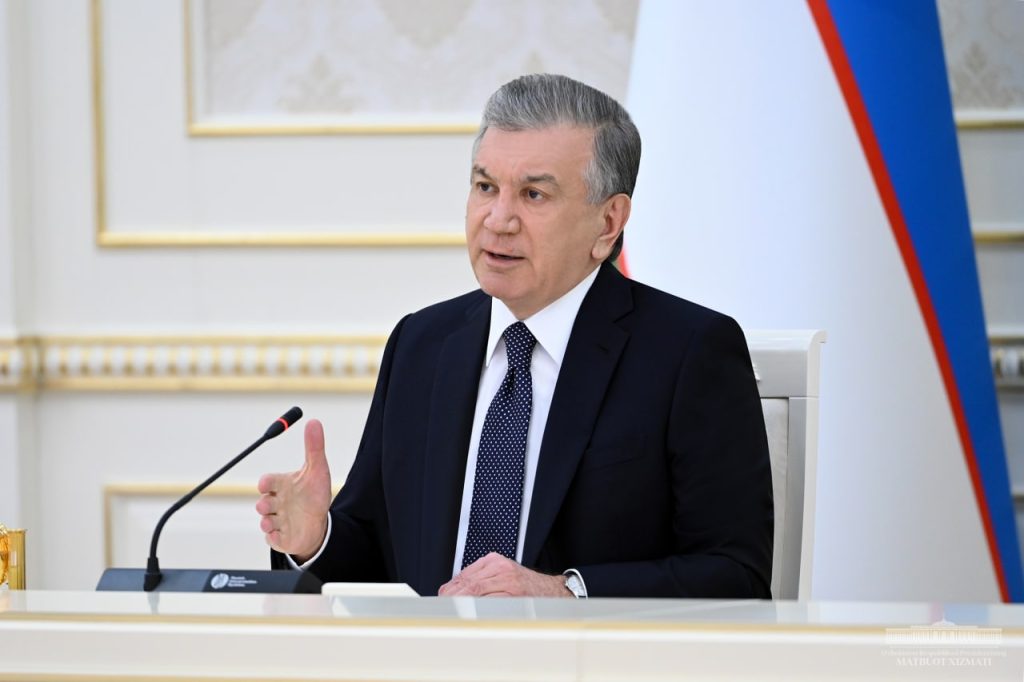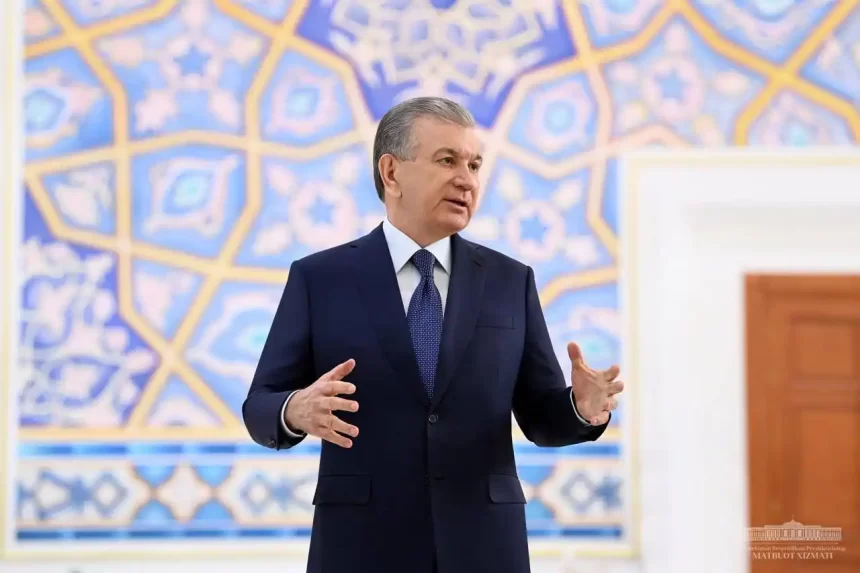In recent years, Uzbekistan, a Central Asian nation of 36 million people, has experienced a profound evolution into a key international player. The country’s proactive approach in expanding global trade, tourism, and attracting foreign investments stands in stark contrast to its closed and authoritarian past.
The pivotal change came in 2016 with the inauguration of Shavkat Mirziyoyev. His presidency marked a turning point, initiating extensive reforms that have reshaped Uzbekistan into an open, thriving economy. His recent re-election with an overwhelming 87 percent of the vote until 2030 cements his role in Uzbekistan’s remarkable transformation.
The Mirziyoyev Effect: Architect of Reform of Shavkat Mirziyoyev
Born in 1957 into a family of medical professionals, President of Uzbekistan Shavkat Mirziyoyev’s journey to the presidency was defined by his educational background in irrigation and agricultural mechanization. His vast administrative experience—from academia to various governmental positions—equipped him to understand the deep-rooted challenges faced by Uzbekistan’s economy and its populace. Taking office in 2016, Mirziyoyev swiftly initiated sweeping reforms.
Economic Revitalization through Foreign Investment
Mirziyoyev’s focus on attracting foreign investments and privatizing state-owned assets aimed to revitalize Uzbekistan’s economy. Germany emerged as a key European partner, funneling over $2.5 billion in investments into the country in recent years. Notably, approximately 200 German-affiliated companies are now operating in Uzbekistan, including renowned names like MAN, CLAAS, Knauf, and Falk Porsche Fiberglass.
Expanding Global Trade Dynamics of Shavkat Mirziyoyev
Historically known for exporting commodities such as cotton, uranium, gold, fruits, and vegetables, Uzbekistan’s trade dynamics underwent a transformation. Mirziyoyev’s reforms dismantled forced labor practices in cotton fields and encouraged private and foreign investments in the textile industry. Germany, as Uzbekistan’s largest European trading partner, witnessed bilateral trade volumes reaching $1.2 billion last year, with a substantial $929 million in the first half of this year.
Promoting Sustainable Energy Initiatives
In a bid to reduce reliance on fossil fuels and modernize the economy, Mirziyoyev set an ambitious goal to increase renewable energy’s share in Uzbekistan’s energy mix to 40 percent by 2030. Collaborating with European, Chinese, and Middle Eastern partners, Uzbekistan has embarked on initiatives to commission numerous solar and wind power installations, signaling a significant shift towards sustainable energy sources.
Uzbekistan’s Development Vision

Mirziyoyev’s endorsement of Uzbekistan 2030—a development strategy crafted collaboratively with various ministries, parliamentarians, and experts—outlines ambitious targets. These include doubling the GDP by 2030, augmenting exports, enhancing education and healthcare, and elevating citizens’ incomes above the global average. To achieve these goals, Uzbekistan aims to attract $110 billion in foreign investments, with Germany as a steadfast partner in this trajectory.
Shavkat Mirziyoyev’s visionary leadership has propelled Uzbekistan into a phase of openness, foreign investments, robust trade partnerships, and sustainable energy endeavors. His transformative reforms have positioned Uzbekistan as a dynamic and progressive nation, poised for significant growth and prominence on the global stage.


